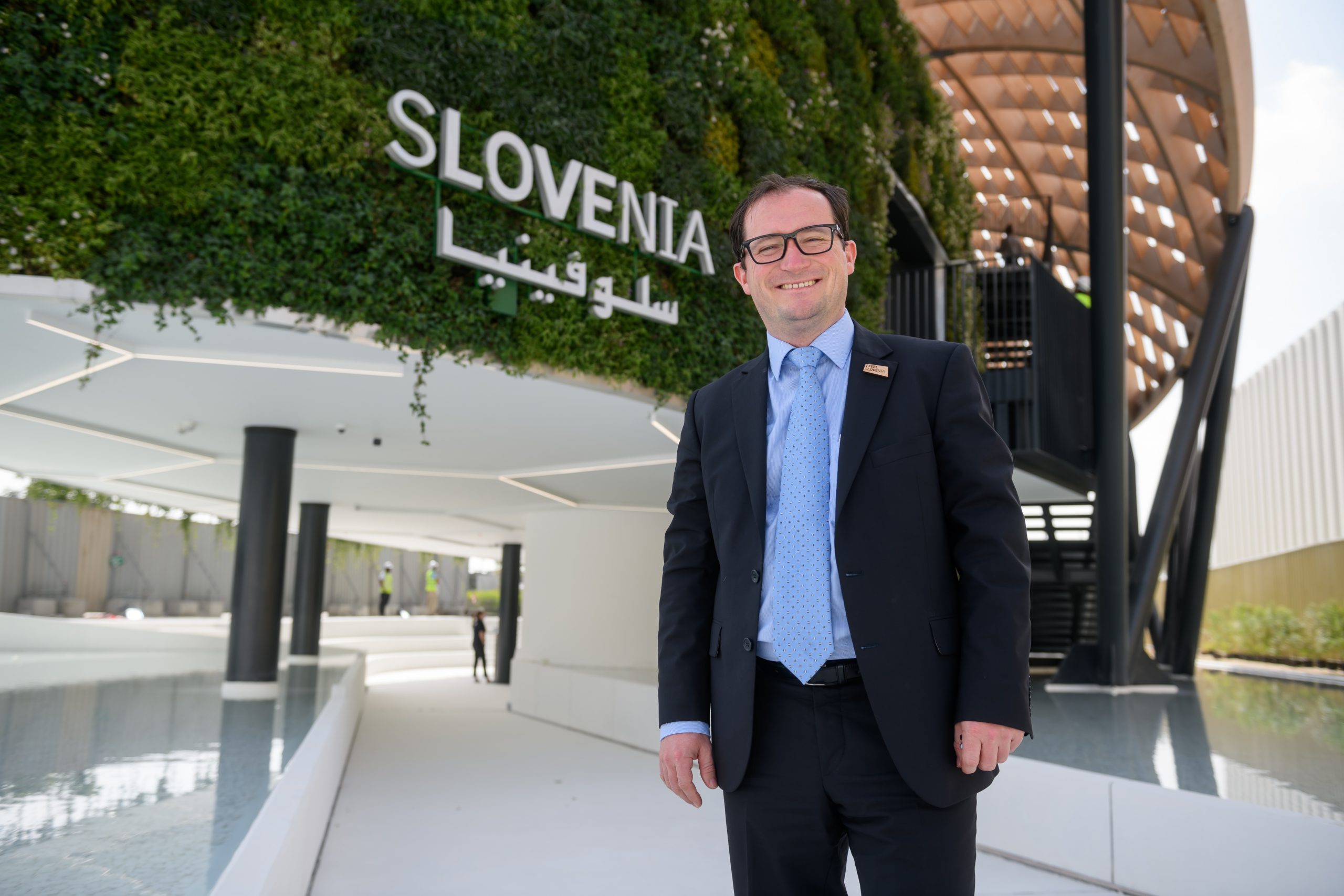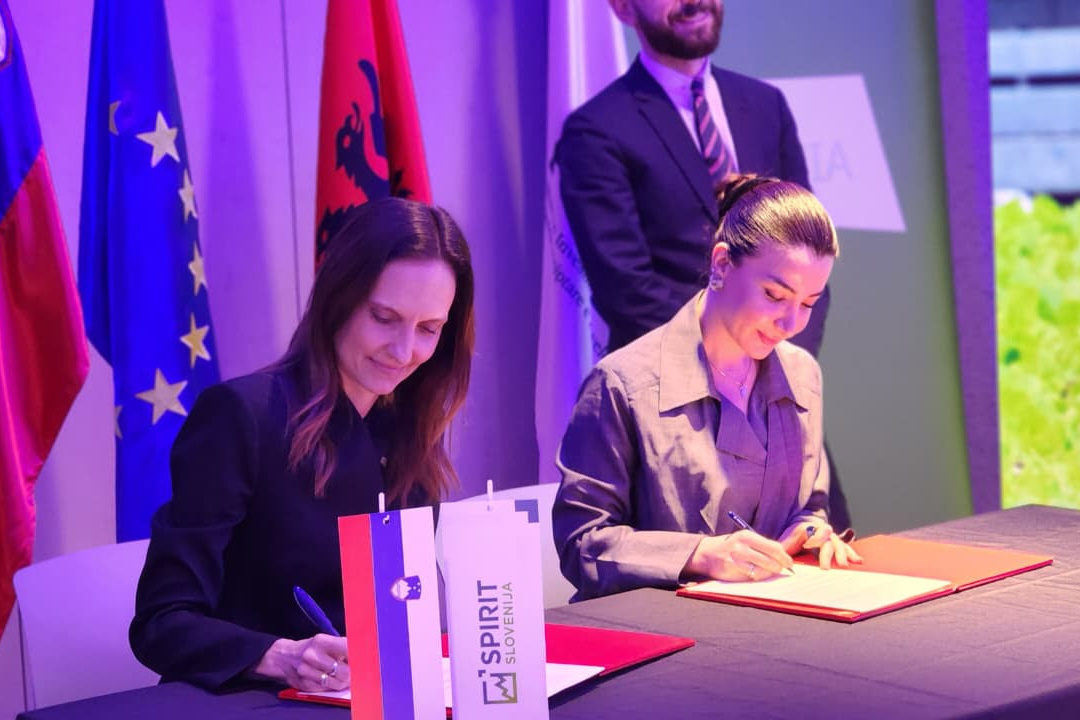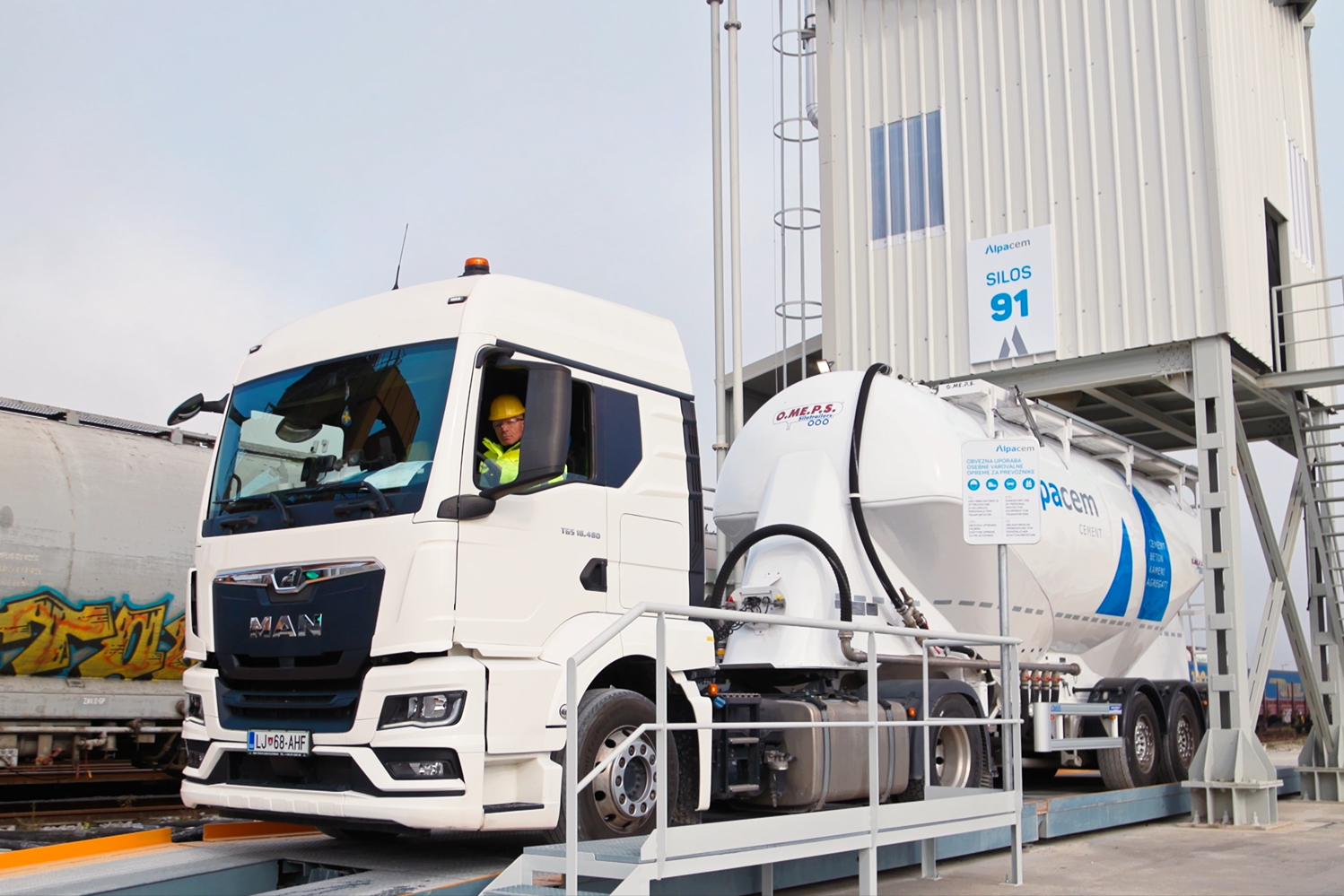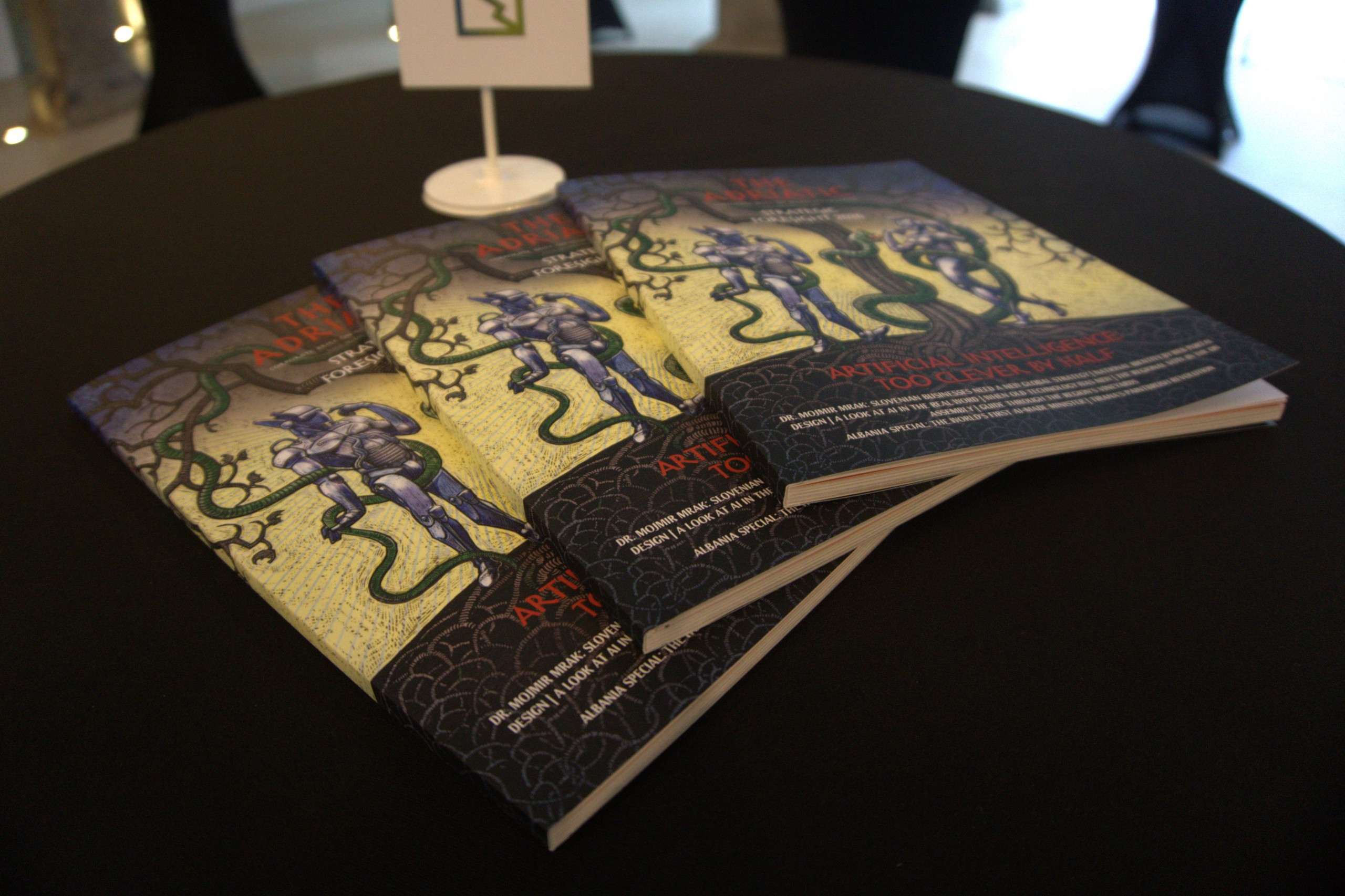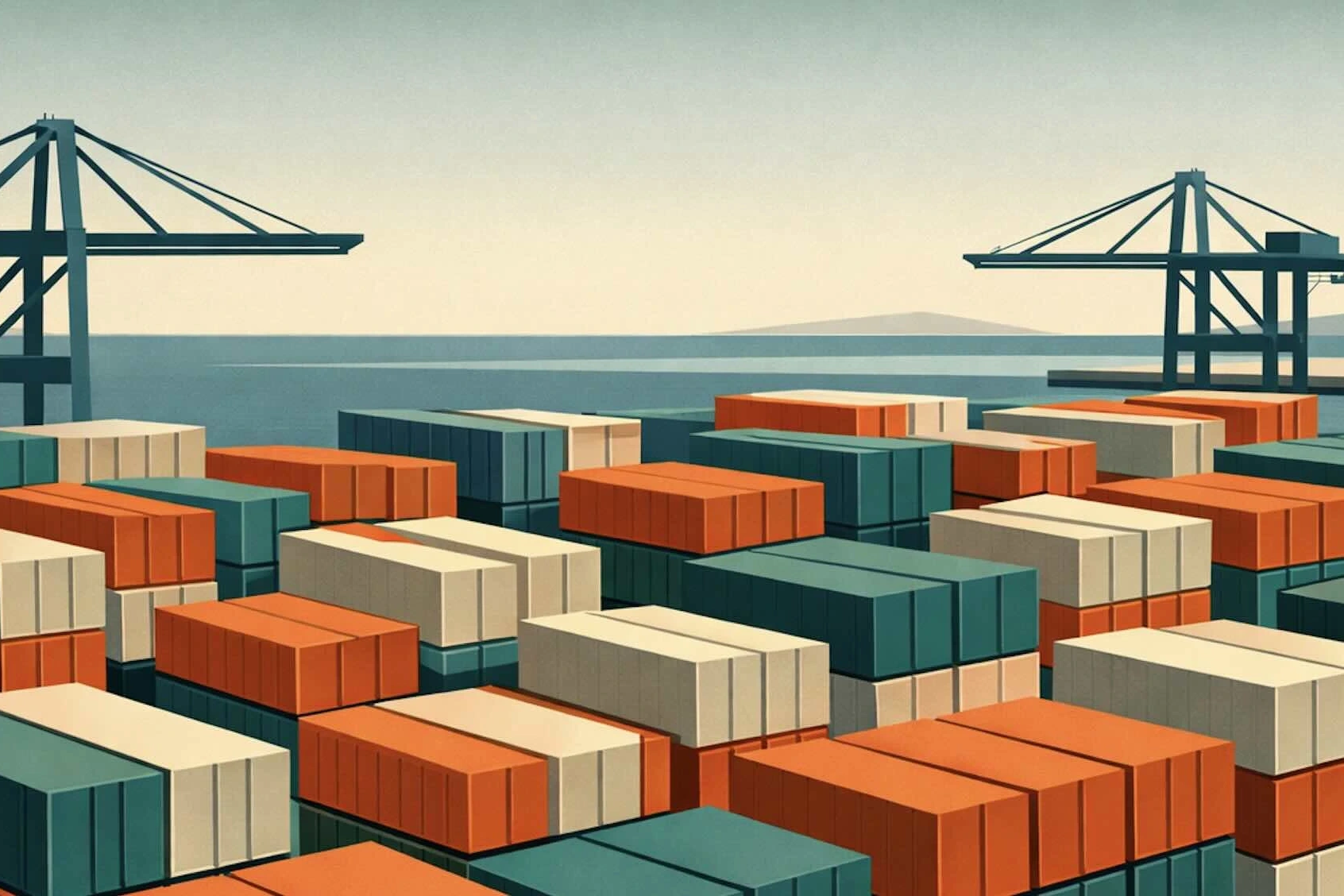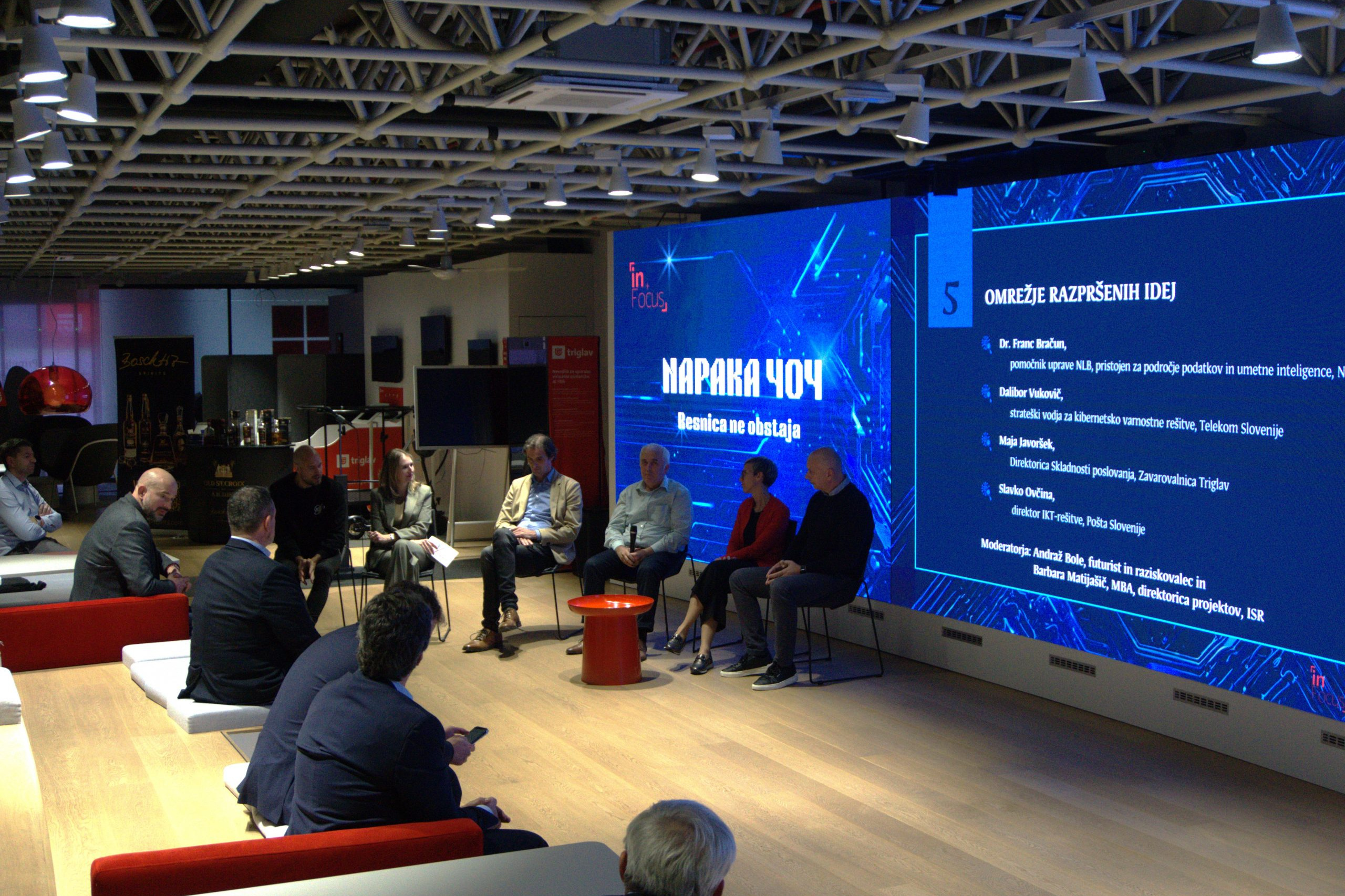Entrepreneurial Success Largely Depends on a Supportive Environment
Jan Tomše
JOURNALIST AT THE ADRIATIC
How the Slovenian support environment for start-ups is connecting with the Western Balkans
Slovenia boasts an extremely diverse support environment for start-ups and fast-growing companies. Although it is a small country, Slovenia generates an enviable number of innovative start-ups, a large proportion of which achieve globally successful breakthroughs. The state plays an important role in the development and the global competitiveness of the supportive environment, both through substantive backing and funding.
“Innovative ideas with high added value, which are essentially high-tech, green, sustainable, socially responsible, and digitally supported, lead to the creation of high-quality jobs, economic growth, global competitiveness and, last but not least, can provide answers to the most complex social and other challenges of humanity.”
Tomaž Kostanjevec,director of SPIRIT Slovenia, the public agency that exercises programmes for promoting entrepreneurship.
In addition to talented individuals, access to capital is essential for the development of such ideas, throughout all stages of a company’s development. Global rapid growth often requires investments of millions of euros. “Banks do not usually finance such projects due to the high risk involved, so venture capital is key. Without start-up investment and access to capital, even the most promising ideas have little chance of coming to life,” says Kostanjevec.
Information, workshops, idea assessment, mentorship
One of the important roles in increasing the chances for good ideas to take off is played by SPIRIT Slovenia, a public agency under the auspices of the Ministry of Economic Development and Technology. The agency has been running several programmes to promote entrepreneurship since the very beginning of the creation of a supportive environment more than a decade ago.
SPIRIT Slovenia currently co-finances 21 innovative entities promoting entrepreneurship in all Slovenian regions. They also provide information, workshops, business idea assessment and diagnostics, mentoring, and advice to innovative entrepreneurs, including potential entrepreneurs, as well as accelerator programmes and competitions for best business ideas, activities to strengthen the entrepreneurial community and other related activities.
“The arrival of the corona has exposed many social structural weaknesses that were previously unconscious or more hidden. Overnight, it became even clearer how important are innovation, sustainability, green approaches, social responsibility, and adaptability to new circumstances. Companies have been forced to innovate to a higher degree, to think outside the box, to adapt their business models, and to digitise,” remarks Kostanjevec. He adds that start-up investments are important not only in stimulating and bringing about the innovation born in start-ups, but also in helping existing companies innovate and adapt their business models. This is where start-up investments can play an important role, provided, of course, that it is not about solving unpromising situations, but about newly discovered opportunities,” says Kostanjevec.
From Slovenia to the Western Balkans
Entrepreneurial success requires a lot of support on different levels: at school, in acquiring knowledge, and in developing both creativity and an entrepreneurial mindset. Later on, when developing an innovative idea, mentors and advisors are essential. Companies need proper interlocutors, often with access to research equipment, capital, business premises, and other infrastructure. “Same as with top athletes, it is difficult for entrepreneurs to succeed on their own, which is why support is a must. Without the right support, there would be significantly less entrepreneurial success,” says Kostanjevec.
He gives the example of how entrepreneurship is supported in the early stages by SPIRIT Slovenia. “We have two strong plaftorms. The first is the national SPOT system, which brings together a range of support services offering free help, information and advice to businesses. The second platform is SIO, which connects business and university incubators, accelerators, technology parks, and other environments that enable the creation and growth of new businesses.” More than 120 mentors and 200 business advisors are connected to SIO centres. Each year, they organise more than 600 workshops, lectures, startup weekends, informal meetings and other training events, supporting more than 100 entrepreneurs on their entrepreneurial journey.
“We can proudly say that SPOTs and SIOs represent a solid foundation and a central infrastructure for the creation of new breakthrough entrepreneurial stories in Slovenia,” says Kostanjevec.
But SPIRIT Slovenia’s activity does not stop outside domestic borders. They are also actively involved in the entrepreneurial environment of Western Balkans countries. “We are aware that we should not operate in a bubble, but cooperate internationally. That is why we have strong links and cooperation with the countries of the Western Balkans. Not only at an umbrella level, but also at the level of companies, organising delegations, visits, promoting international trade … It is important to underline the importance of sharing knowledge, good practices and connecting entrepreneurs. The Slovenian entrepreneurial ecosystem, including SPIRIT Slovenia, has the desire and ambition to see even more of this kind of networking in the future,” explains Kostanjevec.
“In the Western Balkans, we can provide good entrepreneurial support to innovative entrepreneurs, and we can also find niches where we are already leaders. We are very proud that Slovenia is becoming an European leader in the number of the so-called ‘hidden champions’ – many Slovenian companies are world leaders in specific areas in high-tech and niche technologies,” says Kostanjevec, adding that this knowledge, case studies, technology, along with all the support services, are now becoming increasingly available the Western Balkans, to entrepreneurs and to individuals striving to enter the world of entrepreneurship.
THE ADRIATIC
This article will be published in The Adriatic: Strategic Foresight 2022
If you want a copy, please contact us at info@adriaticjournal.com.


